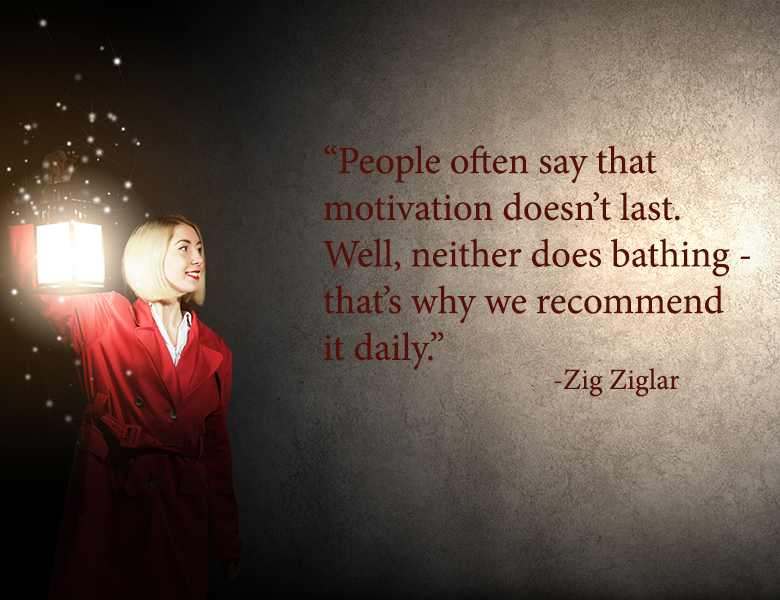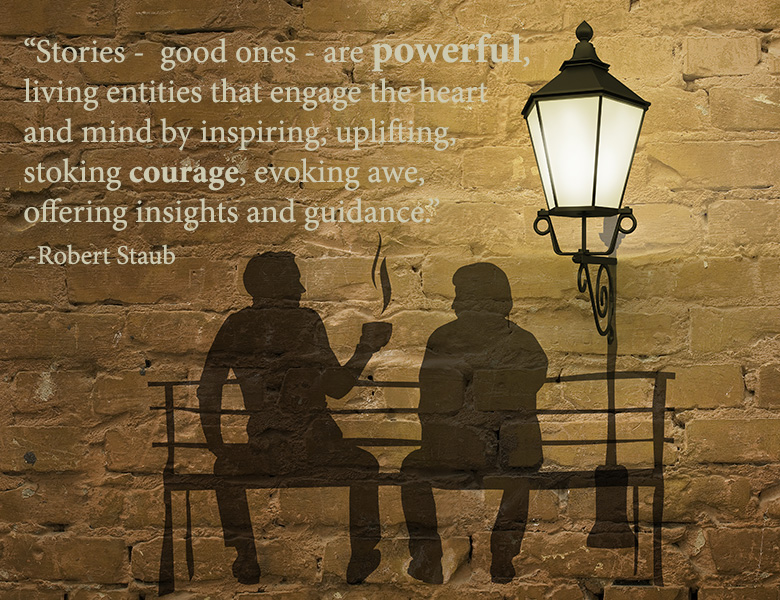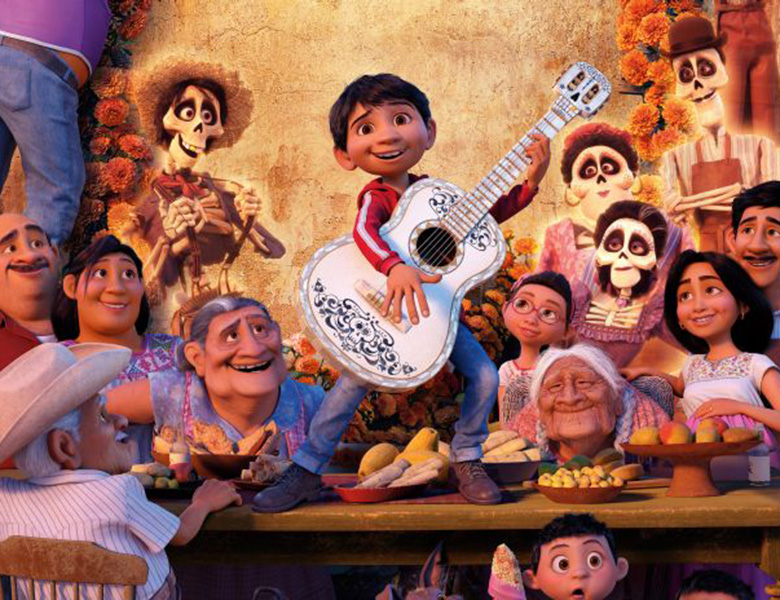Your Family Stories: Fact or Fiction?
3 Creative Tips for Re-Imagining your Life
As human beings we are shaped by the stories we are told as well as the stories that we tell. This is especially true about the stories that are passed down by family members important to us. The “story-lines” we are fed through our formative years – about people, events and circumstances, both close to home and across the world – shape our way of being in the world.
Particularly crucial stories involve other family members; these can impact how we feel and relate to our entire ancestral heritage. Since we humans, as relational beings, lay great stock in “belonging,” the impact of family myths can be great indeed. They can serve to bind us or to separate us, to uplift us or to bring us down.
Indeed, family stories often become the lens through which we see every other experience in our own life, and as such can shape our life experience dramatically.
Stories, then, help to shape our ways of thinking, perceiving and understanding our selves as well as our ways of relating and connecting with our world. This is true whether the stories are “good” ones or “bad” ones.

In December of last year, I shared about two powerfully “good” movies – A Christmas Carol and It’s A Wonderful Life. Both of these helped to shape my life, bringing me more joy in living and deeper compassion. Within the plot of each movie, we are shown how the path of a human life takes a bend toward a darker, lonelier, even hopeless future. It is the power of love that sheds light and allows the protagonists, Ebenezer Scrooge and George Bailey, to reset their course for the better.
This month’s Acts of Courage Movie Club pick is Coco.
A Pixar-animated Disney Production, Coco illustrates the pain that can be caused by a false family story, and the power of Courage and Love to rewrite the script in a way that impacts generations – past and future. The lyrics of the movie’s Oscar-winning theme song, Remember Me, capture the bittersweet process of remembering lost loved ones and the power of family heritage and connections.
(Movie plot spoiler alert: If you have not yet seen Coco, you might want to skip down to the Three Tips on Using Stories to Shape a More Joyful Life section.)
The essence of the movie is the story of a young boy, Miguel, who idolizes a great musician from the past. In fact, Miguel secretly plays the guitar and wants to be a musician. The problem is that the family hates musicians based on the storyline that Miguel’s great-great-grandfather abandoned his wife and his young daughter Coco to pursue his ambitions as a musician.
Through a series of events, on the eve of the Day of the Dead celebration in Mexico, Miguel is transported to the realm of the dead. There he meets recent and distant ancestors and learns about the importance of celebrating the lives that have gone before, and the great power that such remembrance wields. It turns out that Coco, Miguel’s great-grandmother, is reaching the end of her life, and is the last one to remember and hold dear the memory of her own father; when she dies, he will disappear from the Land of the Dead.
Miguel has the Courage to Dream, to be Vulnerable and to Confront the past. In the land of the dead, he paradoxically discovers how to truly live. He comes to understand the importance of honoring family connections.
At the same time, and just as importantly, he uncovers a secret about his great-grandfather that has been at the center of the life-limiting family story. It is this story that has limited the capacity to appreciate music and has limited the options for family members for three generations. Through Miguel’s courage – and the love of his great-great-grandfather – history is made right, and the future is made brighter for their family.
From my experiences working as a marriage and family therapist, an executive coach and leadership consultant, I have seen first hand the power of stories that are told, embraced and continued. These can either lead to greater aliveness, joy and possibility, or to unhappiness, defensiveness and less effectiveness in life.
Allow me to share three practical tips around how to work with stories. Through my work with thousands of clients, I have found these tips to be highly effective in cultivating greater courage while also creating greater joy and effectiveness in living.
Three Tips on Using Stories to Shape a More Joyful Life and Connections:

1. Check Your Current Storylines: Take a look at your internal state and rate – on a scale of one to seven (1-7) – your level of personal joy in living. Then ask yourself, “What kind of story / stories am I telling myself that help to generate this?”
- Do the stories encourage your heart, do they help you access the courage you need to live your best life?
- Are the stories ones that bring a sense of possibility, or rather of futility?
- Are the stories inspiring you or pulling you down?
- Do the stories help to open your heart or shut it down?
- Do the storylines you rehash help you to perform and be your best or do they constrain, inhibit and limit your capacity?
- Do they help you to be bigger, to stretch and grow or do they cause you to contract and constrict your life force?
2. Check Your “Seed Bed,” the Historical Family Story Line: What is the core story line you learned from your family or primary caretakers while growing up? Is it a storyline of possibility and understanding or one of rejection, of damage control or victimization? Ask, “How does this storyline inform my life today?” “How does it make me feel whenever I reflect upon it?”
“What foundation has this story laid down for me and does it give me a solid grounding or unsteady footing?” “Does it contribute greater compassion, capacity and courage to my life or does it limit me in some significant way?”
- What is the “seed metaphor” (the essence) of the storyline you have been told? Is it one of love and compassion, acceptance and salvation, or of loss, bitterness, anger, vengeance, judgment or rejection?
- Does that seed metaphor for your origin (your family story) serve to help you access greater courage, effectiveness, compassion, happiness, love, freedom and joy or does it constrict you?
- Ask yourself, “What insights from Coco might I apply to “shifting” the story to one that is more loving, compassionate, empowering and freeing?
- Know that you CAN SHIFT the story line through conscious choice, refocusing your thinking and engaging your heart.
3. Consciously Shift Your Story – Be the Co-Author of Your Life: Life is a paradox, complex and challenging and, at the same time, it is a miracle where love and grace can flow at any moment in time and space.
You can actively co-author your life experience.
- Cultivate curiosity and open inquiry: “What if what I have been told is not THE story or at best it is only partially true?” “What would be more compassionate?”
- Use the power of “What If” – What if this element were changed or viewed from a more loving perspective?
- Use the power of “Divine Imagination” – If I could talk to my future self, my older and wiser self, what would he or she have to say about how to “hold” this story, how to shift it to one that is more empowering, enabling and loving of myself – expanding my capacity to create a better life? What if I could go back in time and talk with my younger self, offer her or him a new story line with key insights? What would I tell that young child that would help her / him to be happier, more effective, more courageous, more loving and joyful?
- Write out the new story line – put it on paper and read it out loud. Imagine your life as a book: what new insights, stories, guidance would you put in for the lead character (yourself) that would free you up, generate more courageous ways of living, relating, connecting and being? Put that story line up where you can see it. Share that new story line with someone you trust, such as a close family member or friend.
- Begin to live from that new storyline and let it inform your words, actions and ways of engaging others.
- Notice anytime you are “slipping” into old ways of thinking, perceiving and feeling (“stinking thinking”) that are contributing to your being less than happy, effective, courageous or whole and then imagine drawing a big X through the old story. Re-affirm, re-read or remind yourself of the improved co-authored story you are living into.
- Seek daily inspiration: Find stories, movies, songs, people that help to inspire you and that reinforce the story you want to live into – that more powerful, loving, capable and joyful story you are creating for your life and family line.
Please do see the movie Coco and enjoy the power of the music, the story and the creativity it displays. I invite you to pay careful attention to the different stories being told within the plot. Notice the power these storylines have on individuals and families.
Observe where courage comes into play and how it is manifested as a result of love and deeper insights. Pay attention to where freedom and greater aliveness are engaged and where they are limited.
What insights or key lessons can you take away for yourself? Which will you share with your family and loved ones?



